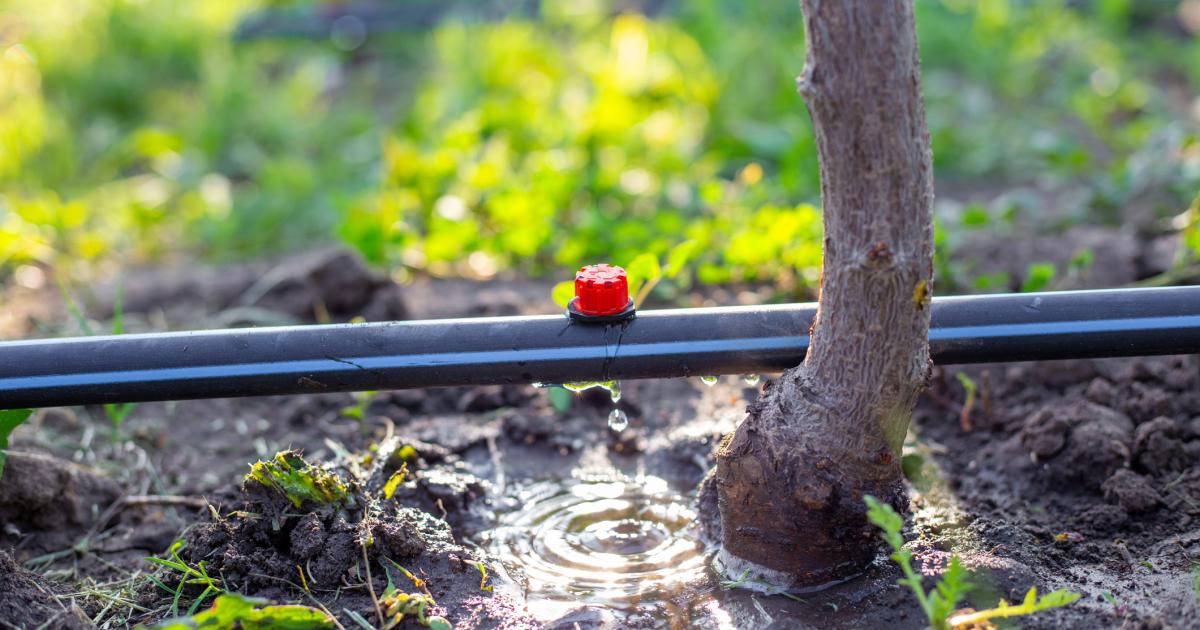In this latest episode of ‘The Road to Green’, Euronews examines how regions in Portugal and Ireland are adapting their agricultural practices in response to rising water challenges.
With water stress posing a significant threat, farmers are embracing innovative solutions to ensure sustainability in one of Europe’s most vital sectors.
In Portugal’s Alentejo region, where droughts are becoming increasingly frequent and water demand is rising, an organic farm employs techniques such as drip irrigation, underground sensors, weather stations, leakage detectors, and water reuse systems to significantly reduce water consumption.
In Ireland, where agriculture dominates the landscape, nutrient pollution from farming in rivers and groundwater presents challenges.
Euronews showcases how farmers and advisors collaborate on solutions like wetland ponds and buffer zones to prevent nutrient runoff. Since only 54% of Ireland’s water bodies currently meet good or high ecological standards, these efforts are vital in reaching EU targets under the EU Water Framework Directive.
The EU Water Resilience Strategy aims to increase water efficiency by at least 10% across the EU by 2030. These pioneering efforts in Portugal and Ireland showcase not only innovation but also the connection between communities and their environment.
Watch the latest episode of ‘The Road to Green’ below to learn more.
Watch previous episodes from ‘The Road to Green’
Disclaimer
DG ENV co-finances the production of the Road to Green, while Euronews retain full editorial independence. Views and opinions expressed in the programme are solely those of the speakers and do not necessarily represent the views and opinions of the European Commission or any other entities.
Background
Clean water is vital for life, supporting ecosystems and regulating the climate, while also being crucial for the economy, energy production and agriculture. Yet, it faces many pressures from pollution to extreme weather events, which can disrupt economies, affect transport networks, and endanger food supplies.
To address these challenges, the EU has put in place the Water Framework Directive, which aims to protect water resources and ecosystems, ensuring clean drinking and bathing water.
The EU’s 2025 Water Resilience Strategy tackles water scarcity by restoring the water cycle, improving water management, increasing access to clean water and fostering innovation. These efforts are designed to protect communities and biodiversity, while strengthening the EU’s economy.
Agriculture accounts for 29% of the EU’s total water abstraction between 2000 and 2022. According to the European Environment Agency, it has the potential to reduce water usage by up to 20% through smart farming, improved irrigation techniques, and the cultivation of drought-resistant crops.
These measures are essential for addressing the increasing water challenges in vulnerable regions, such as southern Europe, to protect both the economy and ecosystems.

